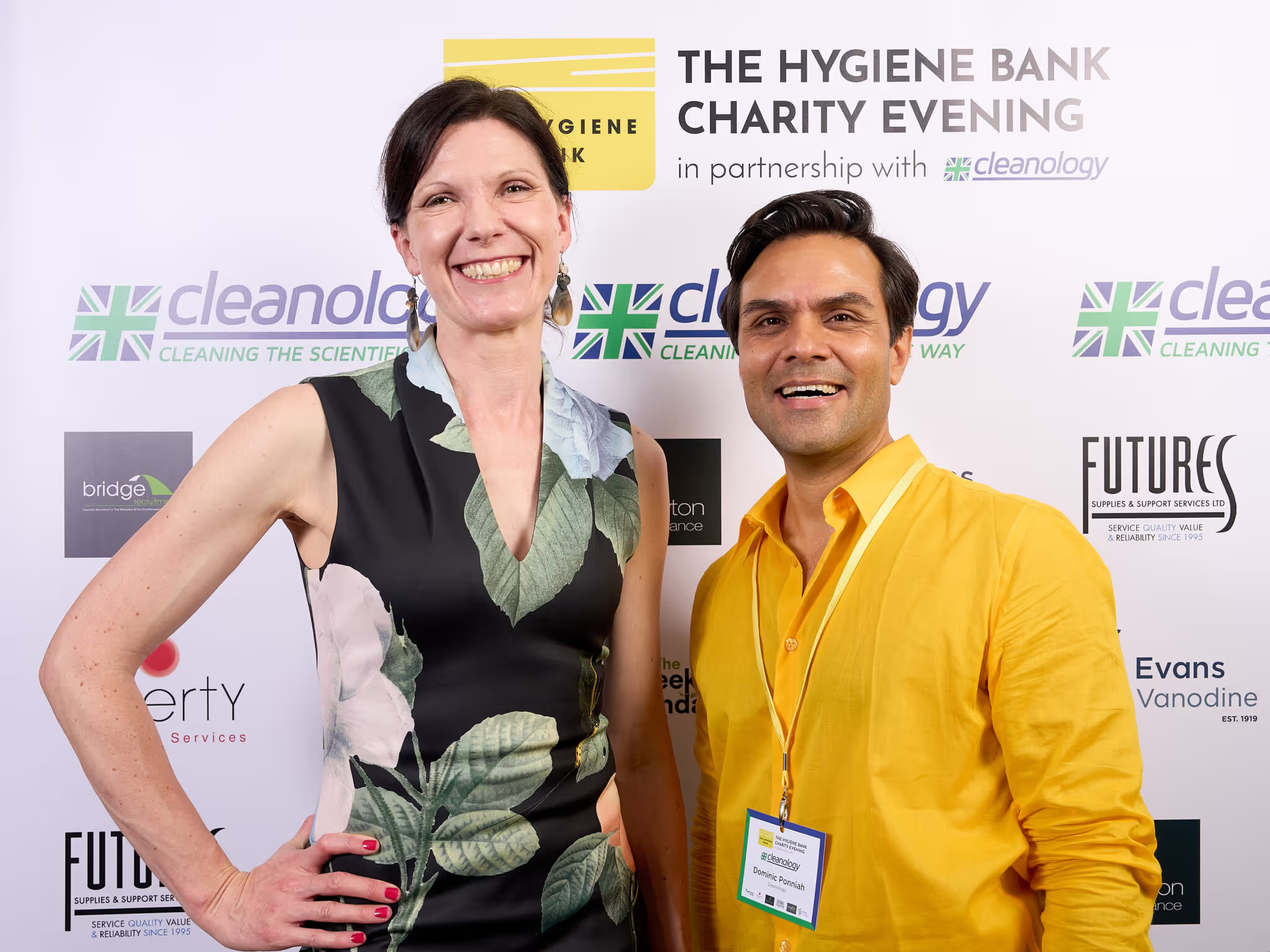Welcome to Cleanology
Cleanology enhance your workplace wellbeing, leaving your people with a clean, healthy and safe environment in which to thrive.
As experts in commercial cleaning for over 25 years, we provide professional commercial & office cleaning services, property maintenance and support services to companies across the UK. Our clients include blue-chip corporates, royal palaces and some of the world’s most famous brands.
As experts in commercial cleaning for over 25 years, we provide professional commercial & office cleaning services, property maintenance and support services to companies across the UK. Our clients include blue-chip corporates, royal palaces and some of the world’s most famous brands.
Trusted by leading organisations across the UK












Satisfied clients
We enjoy a long list of satisfied clients in both London and Manchester from a range of different industries where our professional commercial cleaning company has positively impacted the wellbeing of our clients’ staff and visitors.
Why choose Cleanology?





Right for your people.
Our people are the heart of organisation, and our people-first culture allows us to provide motivated, empowered individuals who take pride in their work. Our workforce of approximately 1400 nationally, is sourced locally to our customers, yet originate from 34 different countries with an average 50:50 ratio of women to men. Notably, women occupy 40% of managerial roles within our organisation, ensuring strong female representation in leadership positions. We are proud to maintain a staff retention rate of 94% - well above the industry average.
As an MSDUK accredited company we aim to deliver happier and inclusive workspaces for our employees by making them feel like they belong. To ensure fairness, we conduct anonymous reviews of job applications. We also conduct analyses of our job description language and requirements to ensure they are inclusive and equitable. We promote understanding and appreciation of diverse cultures through engagement activities.

Right for the planet.
Cleanology has led the way in sustainable, chemical-free cleaning for over 25 years, pioneering microfibre cloths, bio-enzyme products, and a fully electric van fleet that cut 13.5 tonnes of CO2 annually. Committed to achieving Net Zero by 2035, we prioritise eco-friendly purchasing, zero landfill, and plastic-free alternatives. Cleanology was the UK’s first cleaning company to introduce 100% sustainable uniforms and help clients meet their environmental goals through carbon tracking, reporting, and free audits.
We are a multi-award-winning, including the 2024 ESG and Social Impact Award, and we continue to set industry benchmarks in sustainability and corporate responsibility.

Right for your Future
We are at the forefront of innovation and will strive to offer new technology to our customers which will increase efficiency and enhance the service offering. This will include industry leading time and attendance software, quality auditing, specialist equipment and sensor technologies. An example of this is our innovative software solution. The system was designed in-house to allow us to meet the individual data-capturing and reporting needs of our customers. This ensures that our customers will receive a bespoke service.
We have invested in industry leading software solutions. One of the many functions of this system is an app-based facial recognition and geolocation time & attendance system. The system utilises sensor technology, providing you with complete confidence in the cleaning hours worked. The system also provides protection for lone and night workers, flags attendance issues in real time, and eliminates fraudulent activity.

Right for your business.
Cleanology have over 25 years of experience in the cleaning industry. What started as a small, family-run business with one client and one cleaner, has grown into a Top 50 UK cleaning company with over 1,400 staff from 34 countries. We invest in our senior management team and have amassed a team of skilled and experienced leaders.
Though the company has grown considerably, Cleanology still maintains its family values and commitment to quality and customer care. With offices in both London and Wigan, Cleanology has expanded to over 400 prestigious customers throughout the UK.

Awards & Accreditations
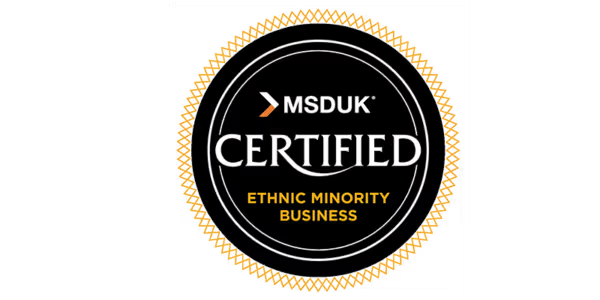
.png)
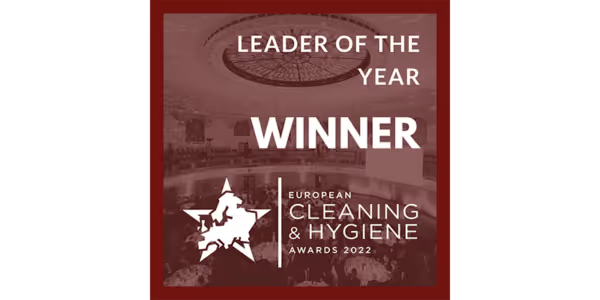
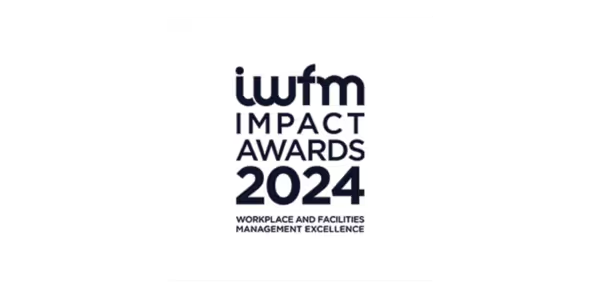
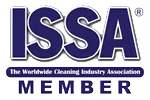
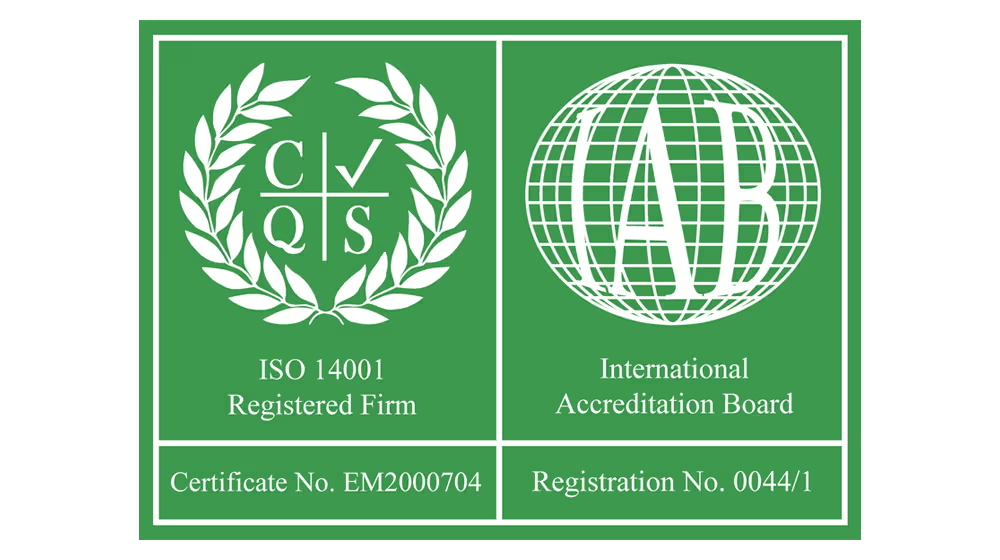
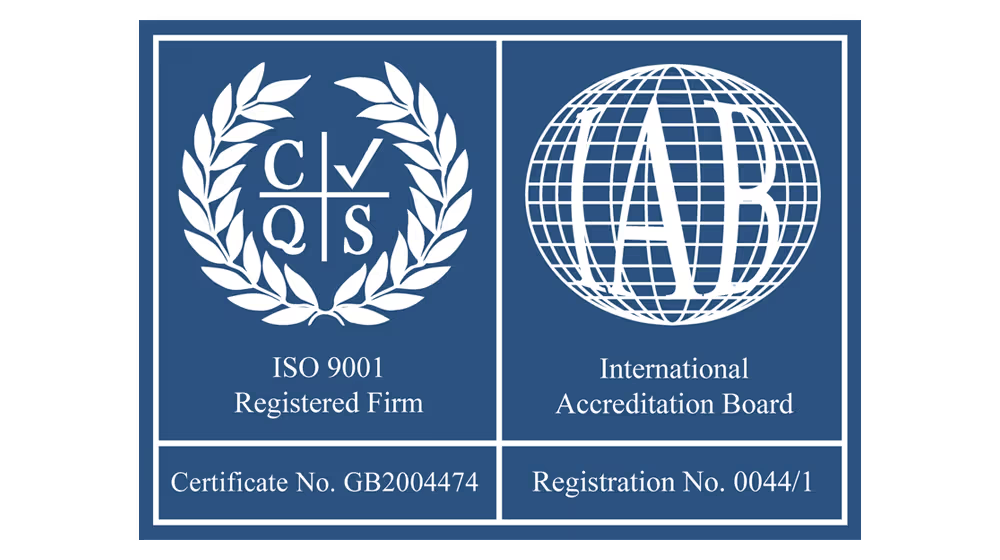


.png)


















